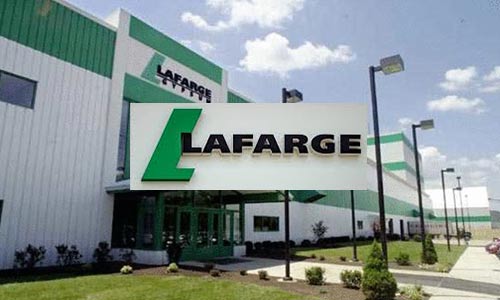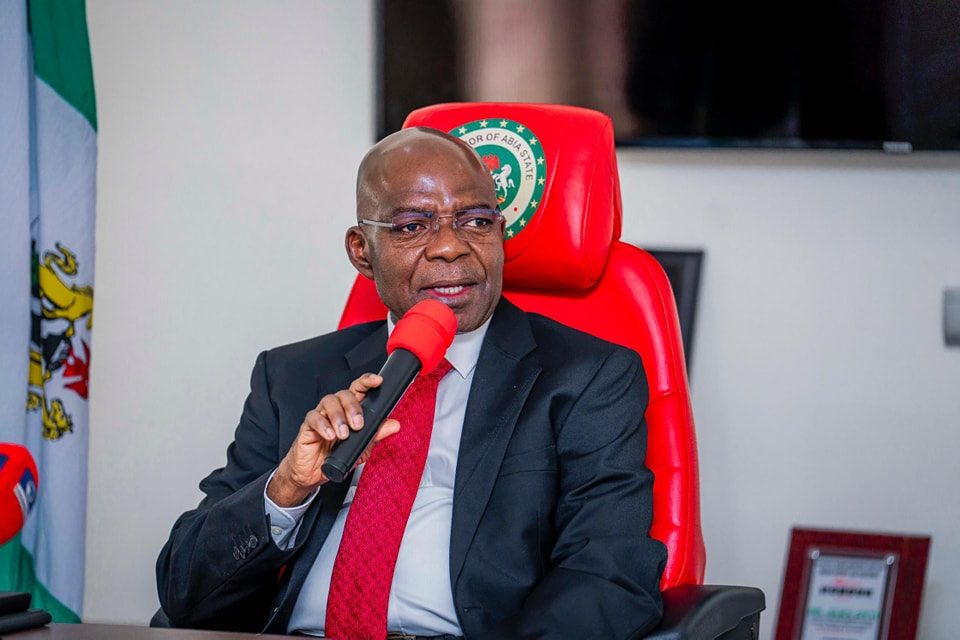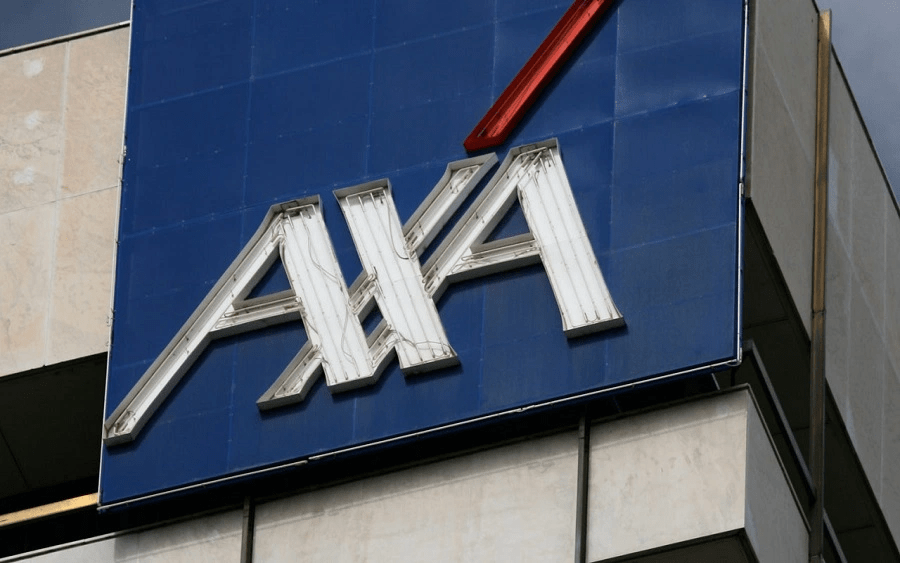Oluchi Chibuzor
Nigerian civil society leader and Executive Director of the Civil Society Legislative Advocacy Centre (CISLAC), Auwal Musa Rafsanjani, has called for urgent reforms in global financial governance and Africa’s debt management systems, warning that the continent faces a worsening fiscal crisis that demands immediate international and domestic action.
Speaking on the sidelines of the 2025 Annual Meetings of the International Monetary Fund (IMF) and the World Bank in Washington D.C., Rafsanjani, who also heads Transparency International Nigeria, described the debt trajectory of many African nations, particularly Nigeria, as reckless and unsustainable.
He lamented that most of Nigeria’s borrowings were being channelled into recurrent expenditure rather than productive investments that could generate growth, employment, and sustainable development.
“Most of the loans we take are not for development but for consumption. There is little or no accountability around them. Civil society must be involved in monitoring these debts, especially when even lawmakers lack access to full disclosure,” Rafsanjani said.
The activist threw his weight behind global calls for debt cancellation, especially in cases where loans have failed to yield tangible development outcomes and aligned with the recent position of the G24, which described the current debt trap faced by developing nations as a structural injustice that perpetuates poverty and dependency.
According to him, Africa’s growing fiscal vulnerability is deeply rooted in weak governance, endemic corruption, and unregulated illicit financial flows that drain the continent’s resources. Rafsanjani also echoed calls for deep-seated reforms within the IMF and World Bank systems, condemning what he termed the “disproportionate influence” of powerful countries regarding decision-making mechanisms in those institutions.
He stressed that global financial systems must become more transparent, inclusive, and equitable for developing countries to have a fair chance at achieving economic stability and growth.
Turning his attention to Nigeria, Rafsanjani expressed deep concern about the country’s overreliance on oil revenue while describing deteriorating infrastructure, and persistent insecurity as factors that continue to repel investors and stifle productivity. He criticised the government’s withdrawal of subsidies in critical sectors such as healthcare, education, and transportation, arguing that these austerity measures have only worsened poverty and widened inequality in the country.
On domestic fiscal policy, the CISLAC boss urged state governors to increase their internally generated revenue (IGR) through innovation and efficiency rather than depending solely on allocations from the Federation Account Allocation Committee (FAAC), while adding that the recent increase in FAAC allocations should translate into tangible improvements in the lives of citizens, rather than being diverted into “elephant projects” or luxury expenditures.
“The fuel subsidy savings must also be transparently accounted for by governors. These funds belong to the people and must be used to improve healthcare, education, and infrastructure, not to enrich political elites,” he enthused.




